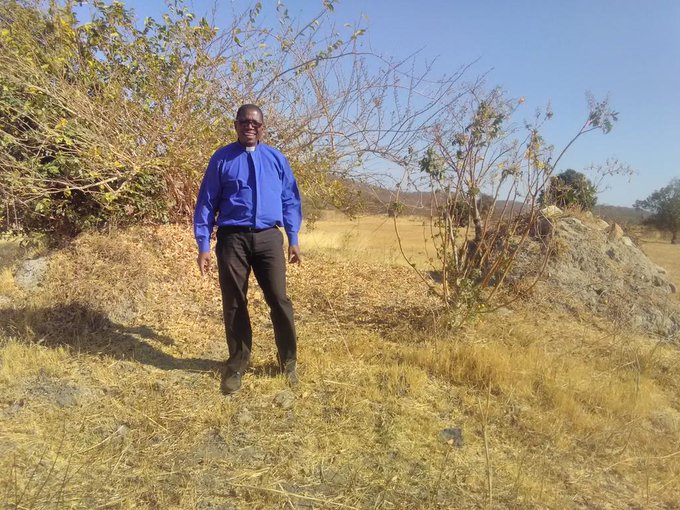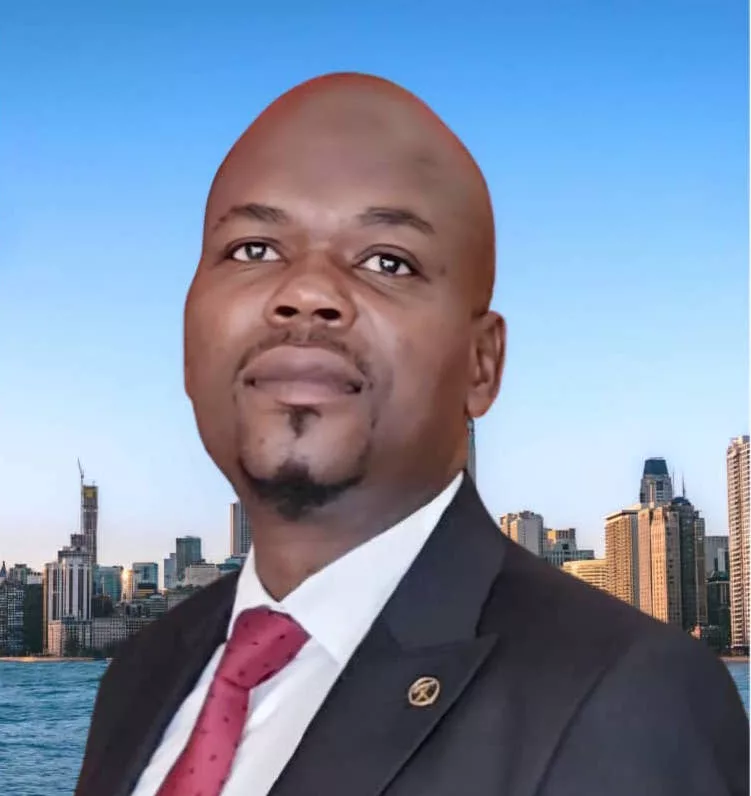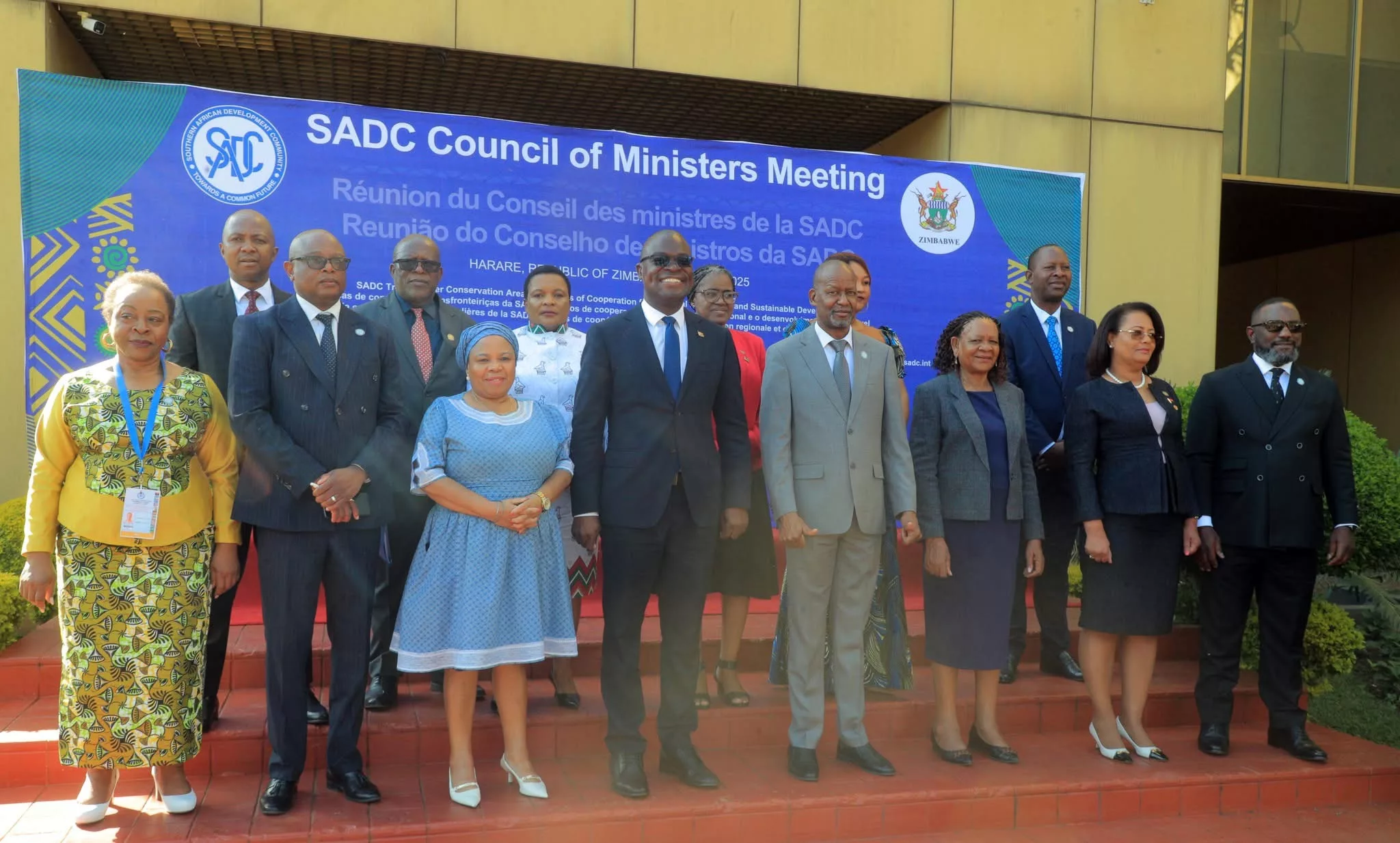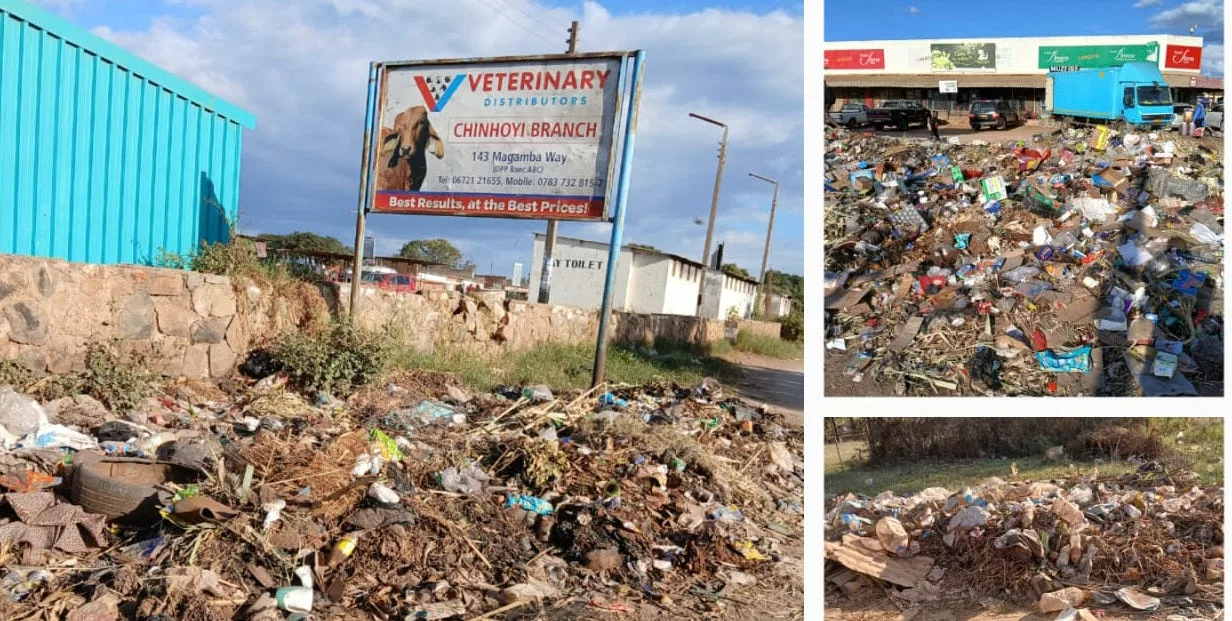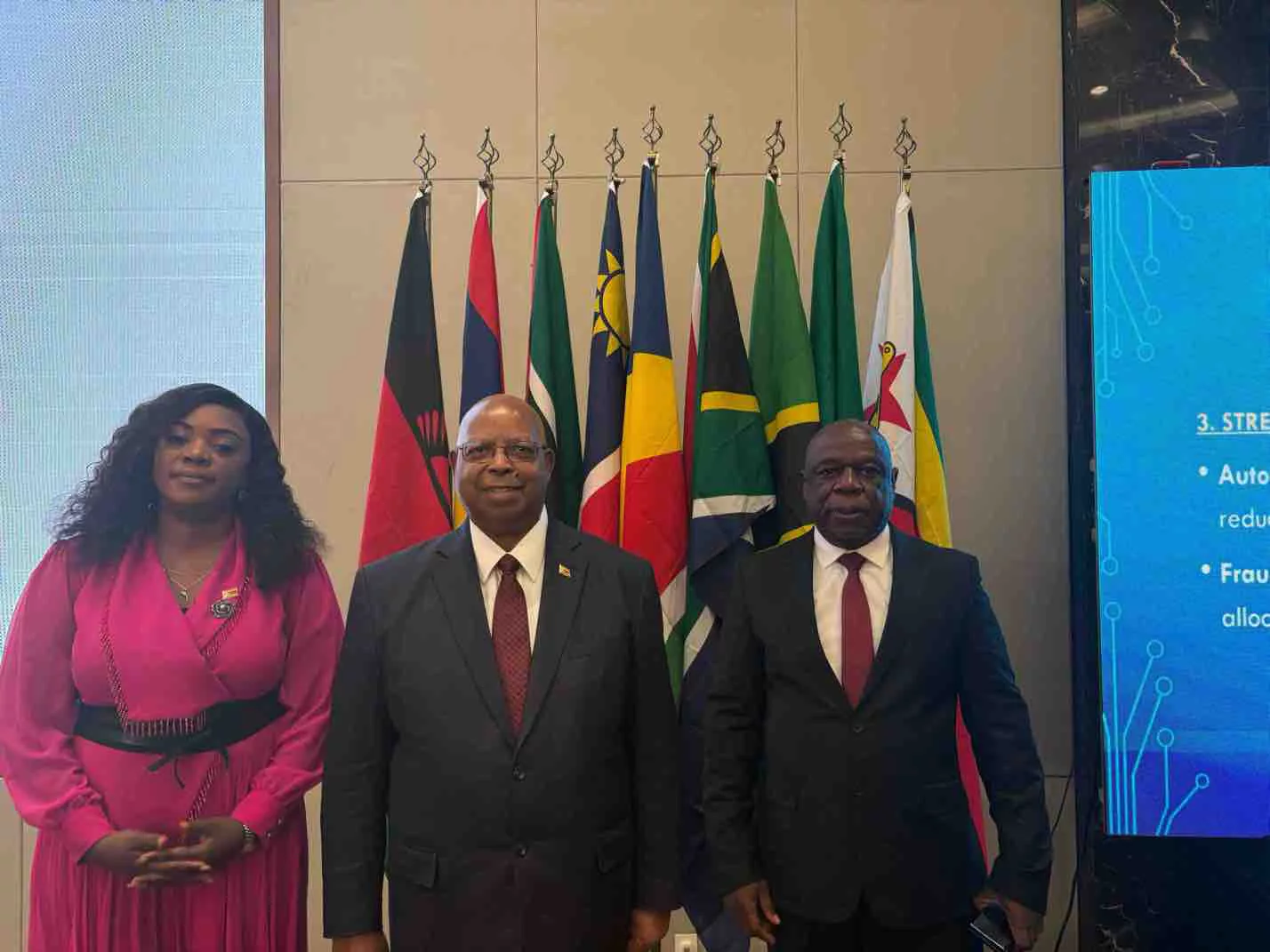The nature and complexity of the country’s historic, present and future challenges can only be resolved through cooperation among all Zimbabweans which can be achieved through an inclusive and comprehensive national dialogue process, the Zimbabwe Council of Churches (ZCC) has said.
The ZCC statement came after the High Court on Friday 16 August 2019 had upheld the Zimbabwe Republic Police prohibition order for the demonstration that had been called out by the Movement for Democratic Change. The police later drove out people who had come for the demonstration and others who were in the Harare Central Business District as well as cordoning off some areas of the city. In the process, a number of people were injured, especially those women who could not quickly flee from the advancing police. A number of people were arrested.
Reverend Dr. Kenneth Mtata, the Secretary General of the Zimbabwe Council of Churches said the 16 August incident and the other incidents in recent weeks raise a number of concerns from the perspective of the church.
Through its Local Peace Monitors (LPM), the church observed that the few protestors were relatively peaceful in spite of the tensions following the ban of the demonstration even in the absence of any formal leadership.
“It must be accepted that demonstrations serve as formal outlet for citizens to vent their frustration over the current painful economic conditions. Such peaceful disposition must be commended. It was also observed that the police involved used unnecessary excessive force to disperse the protesters who were largely peaceful. This heavy-handedness creates an unnecessary rift between citizens and the security sector at a time when the nation needs such cooperation the most. Unnecessary excessive use of force must be rejected and condemned,” the ZCC noted.
The Church said it was deeply concerned by the state’s admission, prior to the demonstration, of the possible existence of an armed and trained “third force” that is allegedly involved in the recent abductions and torture of some civil society and opposition members. ZCC said the mere possibility of the existence of such an extra-judicial force should put the security of citizens and the whole nation in a precarious position. It said the closure of past hurts must be attained.
“The church remains concerned that there exists no social contract between the citizens and the state which should determine how the two cooperate to find a shared commitment on the kinds of sacrifices required to lift the nation out of its current socio-economic and political crisis. National convergence must be reached.
“The church notes with concern that the intolerance and mistrust between the two main political parties (MDC and Zanu-PF) and within the different arms of the state remain the greatest threat to economic recovery, integrity of constitutional reforms and the broader social cohesion in Zimbabwe. Reconciliation must be pursued,” ZCC quipped.
It added that for the cessation of hostilities between the ruling party Zanu PF and the MDC which can be achieved through a deliberate process to commit to a formal process towards national convergence, the Church remains open to facilitating such a process.


